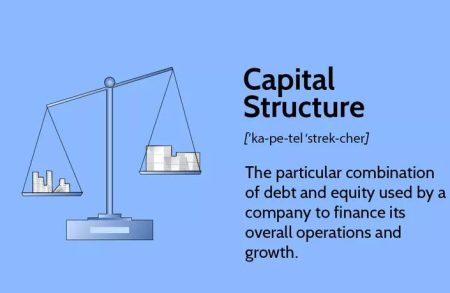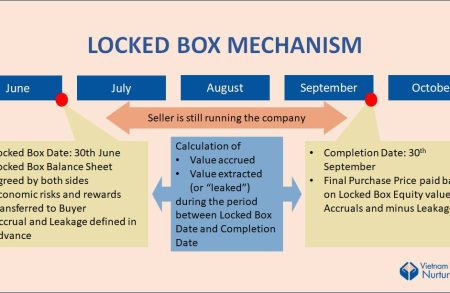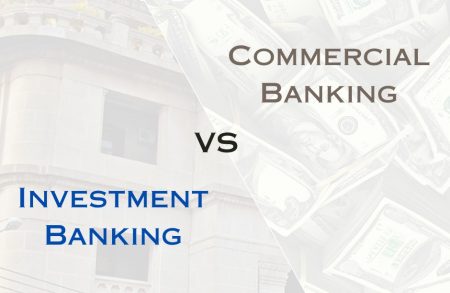Glossary 24 – What’s a Company really worth – The 4 Key Private Equity valuation methods
Private equity (PE) investors are constantly asking: what’s this company really worth? It’s a crucial question, as it dictates deal terms and potential returns. While there’s no single magic number, several valuation methods are commonly employed. Let’s explore a few key approaches:
- Discounted Cash Flow (DCF): Think of this as projecting the company’s future cash flows and discounting them back to today’s value. It’s like asking, “How much is this stream of future money worth to me now?” DCF is highly sensitive to assumptions about growth and discount rates, making it a powerful but nuanced tool. It’s a favorite among private equity investors because it focuses on long-term profitability and intrinsic value.
- Comparable Company Analysis (Comps): This method looks at how similar companies (in the same industry, with comparable size and growth prospects) are valued by the market. By examining metrics like price-to-earnings (P/E) or enterprise value-to-EBITDA (EV/EBITDA), investors can extrapolate a potential valuation for the target company. The key challenge is finding truly comparable companies. This method is particularly useful for assessing market-driven valuations.
- Precedent Transactions: Similar to comps, this approach analyzes the valuations paid for similar companies in recent acquisitions. Looking at past acquisitions of similar companies provides insights into what buyers have been willing to pay. It provides real-world data points, reflecting actual market dynamics. However, each deal is unique, so adjustments are often necessary. PE firms rely on this method to understand market trends and set benchmarks for potential exits.
- Asset-Based Valuation: This method focuses on the company’s net asset value (assets minus liabilities). While useful in certain situations, particularly for asset-heavy businesses, it often undervalues the potential for future growth and profitability.
In practice, PE investors rarely rely on just one method. No single method is definitive—PE investors often use a combination of these techniques to arrive at a well-rounded valuation. The key is to balance financial performance, industry conditions, and potential growth opportunities to estimate the valuation. A robust valuation process involves triangulating these approaches, considering the specific characteristics of the target company, and applying sound judgment. Ultimately, determining a company’s worth is both an art and a science, a crucial skill for any successful private equity investor. This topic is addressed in the Private Equity – Investment Banking Course for Dealmakers.











